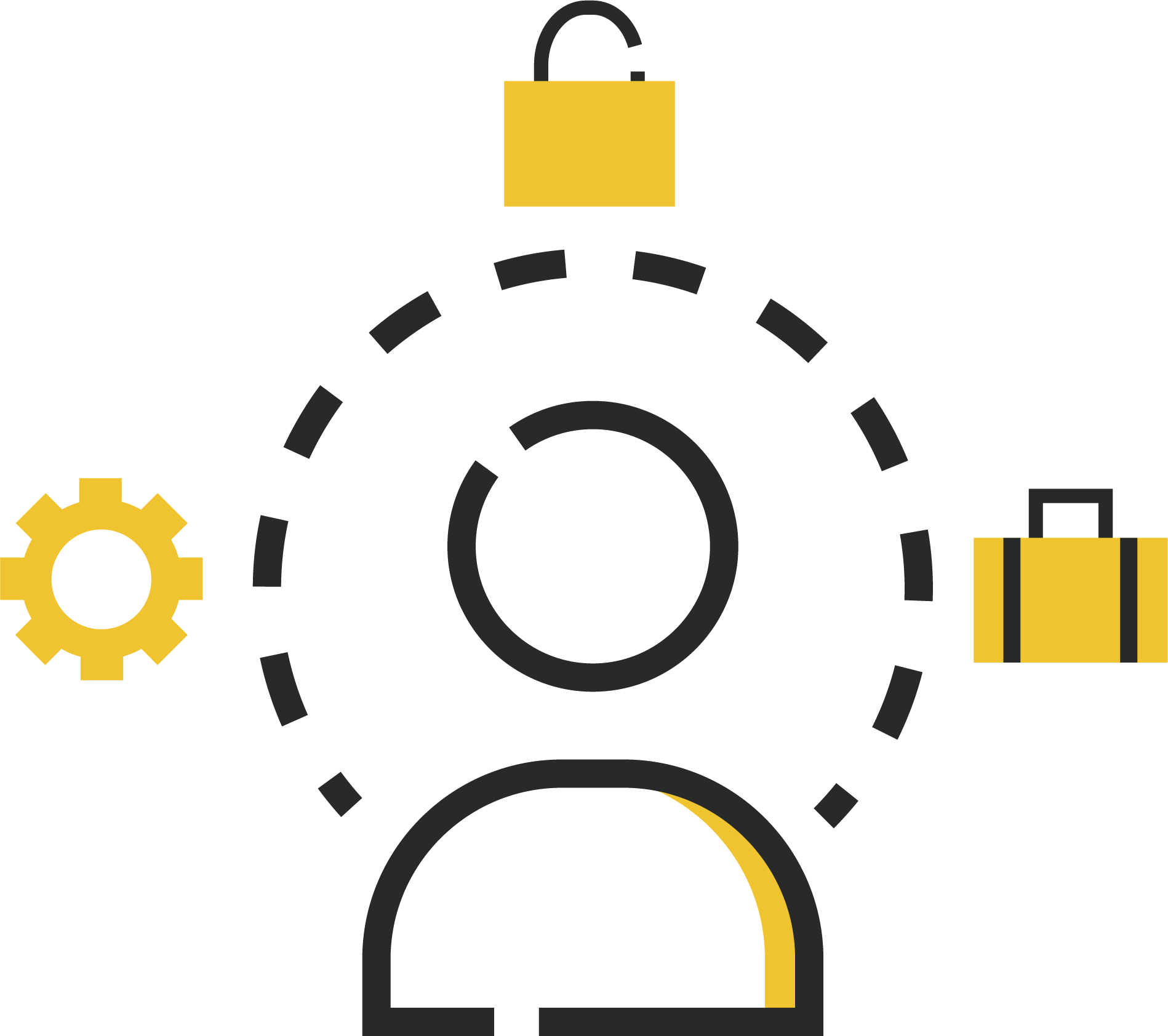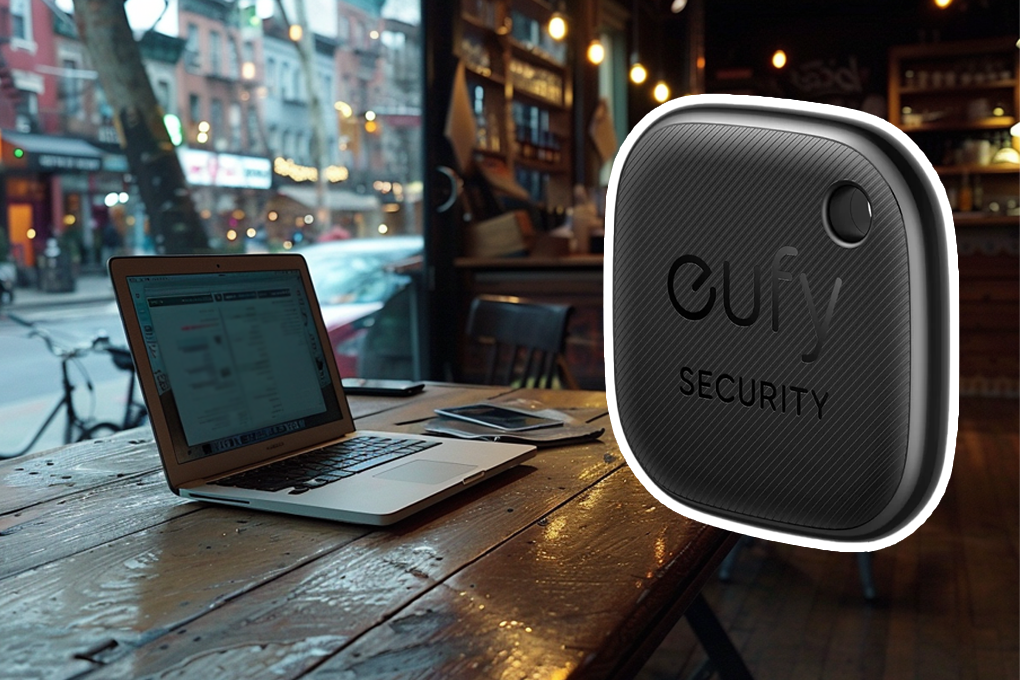We live in a digital world where just about everything and everyone is digitally connected. As a result, families are increasingly reliant on technology for day-to-day operations, including internet browsing, video calls, playing video games online, and more.
This exposes your family to cybersecurity risk due to the amount of sensitive data being exchanged between connected devices in your home.
While there are multiple benefits to adopting the latest technologies, parents must be aware of security and privacy threats to their homes and families. If not, they can wreak havoc which has long-lasting consequences for you and your family.
Contents
Importance of Keeping Your Home Safe with Cybersecurity
Younger generations are more connected to technology than ever before. Yet, they are not as cautious when it comes to digital security and privacy. Security experts reported that cybercrime has increased by 600% in the past year.
Despite spending billions of dollars to improve technology and strengthen security in everyday applications and devices, modern cybersecurity is far from perfect.
Human errors and lack of cybersecurity education are the primary reasons cybersecurity breaches occur. Studies have shown that 95% of security breaches are a result of human errors. As a parent, you must consider the security of the IoT devices that you and your children are using.
A single vulnerability present in your home IoT devices could result in the following cyber-threats:
- Data leakage
- Blackmailing
- Cyberstalking
- Identity theft
- Cyberbullying
- Home invasions (cybercriminals disabling smart home security systems)
- Ransomware breaches
The consequences of a data or privacy breach can be severe, so it’s important to keep your home as cyber-safe as possible.
Cybersecurity Vulnerabilities Homeowners Should Know About
Most smart home technologies and appliances we use every day are not built with consumers’ digital security in mind. As a result, the software and hardware vulnerabilities in IoT devices can also make it easy for skilled attackers to compromise your home devices.
Protecting our families from digital security threats requires more than just technological solutions; it demands a shift in our security consciousness. By integrating cybersecurity education into your family routine and adopting best practices like consistent system updates, we empower our loved ones with the knowledge and tools needed to navigate the cyber-threat landscape safely. It’s about laying the foundation for a cyber-safe future for our children.
– Kurt Sanger Cybersecurity Expert
Below are some of the most common vulnerabilities of home-based smart devices:
- Weak passwords
- Outdated software and patching framework
- Unsecured wireless network interface
- Unsecured data transfer and storage protocols
Best Practices for Improving Your Family’s Cybersecurity
Below are some cybersecurity best practices and tips you can implement today to protect your home and family:
1. Cybersecurity education
Your home’s digital security depends on your awareness of cybersecurity dangers and your attitude towards security consciousness. If you don’t understand good cybersecurity practices, then neither will your children. This can lead to you and your children making poor decisions while handling sensitive data and browsing the internet.
Make sure you learn at least the basics of cybersecurity so that you can teach your children how to protect themselves online.
2. Update your IoT devices regularly
Applying system updates is critical to mitigating security vulnerabilities and increasing your device security. So, update your smart home devices frequently and teach your children the same best practice. A consistent system updating cadence will lower the chances of security breaches and increase the efficiency of your IoT devices.
3. Develop a zero-trust mindset
Having a zero-trust policy means that you trust nothing and verify everything. This helps increase your home’s privacy and security resilience. To successfully implement a zero-trust policy to protect your home and family from hackers, you must develop a security-conscious mindset.
Having such a mindset means that your family’s cybersecurity and privacy are an important part of your decision-making process, especially when purchasing new devices for your home. In addition, teaching your children the zero-trust policy will help them understand the fundamentals of data security, so they can practice safe internet browsing habits.
Conclusion: Give Your Family the Tools It Needs to be Cyber-safe
As today’s cyber-threat landscape becomes increasingly hostile, protecting your home and children from digital security threats requires more insight into the functionality of the devices introduced into your home. By asking the right questions before purchasing home security devices, you can begin the journey toward protecting your home and family from cybercriminals.
Ready to take the next step towards your cybersecurity? Buy all the tools you need on the Batten Marketplace.


















